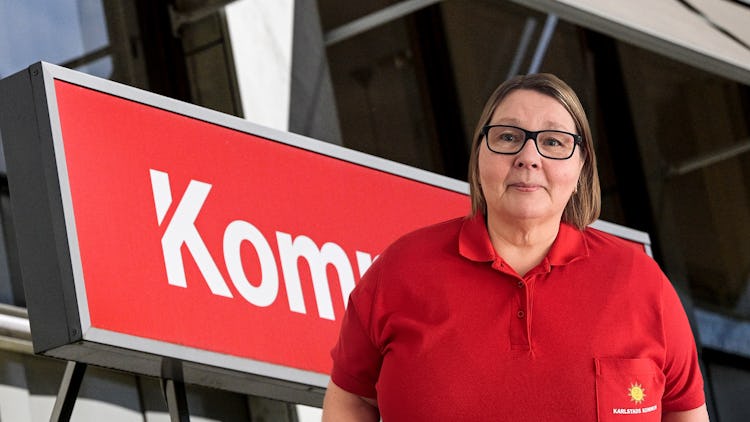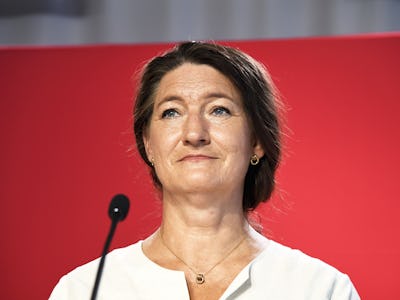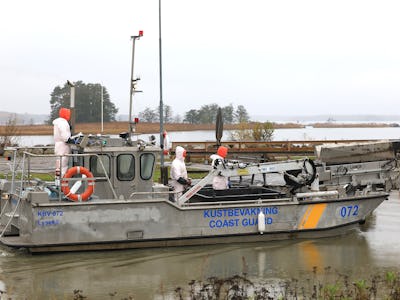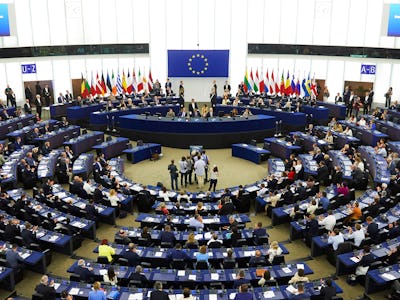Ryanair avoided a trial
Ryanair avoided a trial date with stewardess Alessandra Cocca by agreeing to pay her €64000. Ending a four year drawn-out dispute after a dubious dismissal.
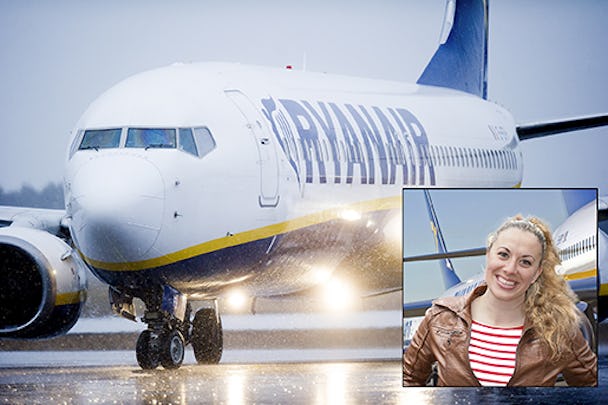
Rygge 20160208. Et fly fra Ryanair av typen Boeing 737-800 takser p Moss lufthavn Rygge mandag 8. februar 2016. Foto: Jon Olav Nesvold / NTB scanpix / TT / kod 20520
READ SWEDISH VERSION – Ryanair gjorde upp med flygvärdinna
It was a victory for Cocca as well as for the Norwegian trade union Parat that took on her case.
– Andd it is also a victory for all staff working as foreigners in another country, said Vegard Einan, vice-chairman of Parat.
The case between the Irish budget airline Ryanair and the Oslo-settled Italian Alessandra Cocca would have gone to court in Norway in two weeks time on the 21st of March.
She was dismissed from her job in 2013 at short notice and on dubious grounds.
Ryanair claimed the dismissal was due to safety issues, while Cocca asserted that on the contrary, it was her action that drew attention to flaws in safety.
Ryanair pushed for the case to be tried under the jurisdiction of Irish courts. Cocca’s union Parat fought for a Norwegian trial that would be based on workers’ rights protected by Norwegian legislation.
After the lengthy procedure of judicial processes, last year, a Norwegian court found that staff posted in a foreign country would be under the jurisdiction of the country where they live.
The fact that this dispute concerning the grounds for dismissal was to be decided by Norwegian law was a big win, particulary as a principle.
According to Parat, this meant alot for posted staff. The decision also meant that it was likely that Ryanair’s prospects of winning the case itself had decreased.
Ryanair chose not to appeal against that ruling and it was expected the case would be heard by the district court in Moss on the 21st and 22nd of March.
But as the trial date drew closer, it was clear that Ryanair sought to settle out-of-court. Ryanair, together with their leading recruitment agency Crew Link, agreed to pay three years wages, totalling 570 000 Norwegian crowns to Alessandra Cocca.
Arbetet Global spoke last week with Cocca who was on her way back to Italy for a vacation before the trial. With confidence and sensing victory, she said:
– I really wanted to fight for my rights. Just by having the case decided in a Norwegian court was a major victory.
The settlement gave her three years of wages, but it didn’t give her her job back.
– I really wouldn’t want to go back to Ryanair, but I enjoy the work and hope to find some other airline, says Cocca, at the moment employed within catering at Oslo’s Gardemoen airport.
In a press release, Ryanair contend that the dismissal was legal, but that the cost of trial would have been greater than the settlement.
They also draw attention to the lesser impact of the ruling as Ryanair has neither had a base at or trafficated Rygge airport in Moss since June of 2016.
Bengt Rolfer
